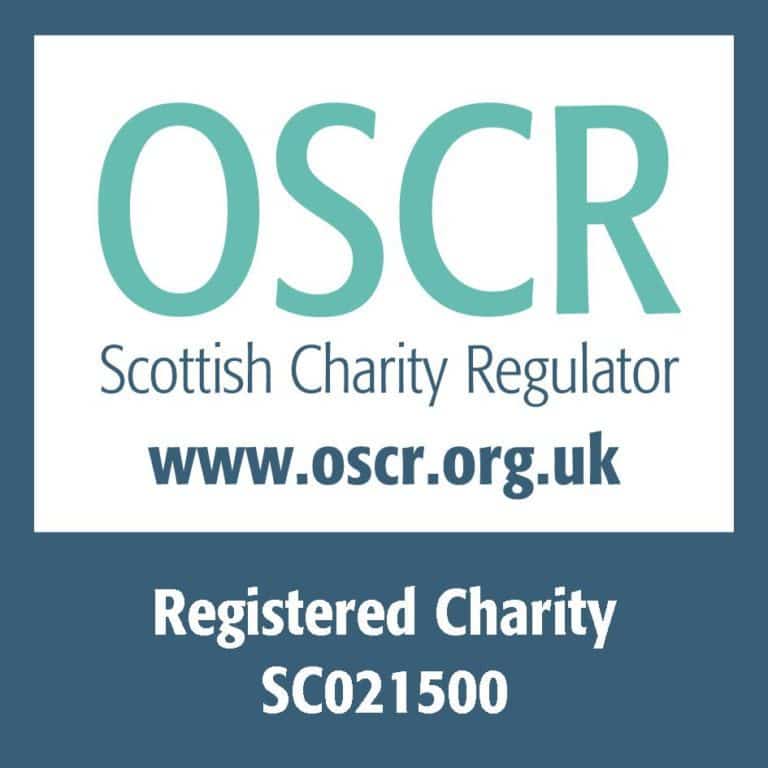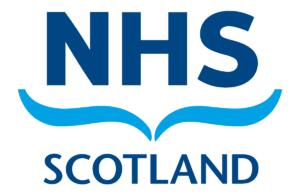If some has taken drugs for a while and then stops taking drugs, or takes a reduced amount, they may experience withdrawal.
Withdrawal symptoms can include seizures, sickness and diarrhoea, headaches, pains and hallucinations. The severity of the symptoms will vary depending on the type and amount of drug used but most symptoms will ease after a few weeks.
Some people prefer to try a tapered reduction in substance use, rather than going ‘cold turkey’ and this is recommended for substances such as alcohol, GHB/GBL and benzodiazepines as suddenly stopping taking them could be fatal. Your GP or local drug service can help with this.
During this time, to help the body recover we would recommend a healthy diet, fresh air, light exercise and lots of rest. Try to resist taking more of the drug, or other drugs (including alcohol) to deal with the withdrawal symptoms.
If symptoms become too much seek medical help and in an emergency call 999.
Other things to consider
Eat well
Cocaine suppresses your appetite and can make it easy to skip meals or miss out on healthy meals. When the effects wear off people may find themselves binging on high-fat, low-nutrient foods. Poor nutrition can lower your immune system leaving you more prone to coughs and colds. Try planning and preparing a week of meals in advance – this will make you less likely to skip meals.
Carry healthy snacks with you – nuts, seeds and bananas are a great source of quick vitamins and essential nutrients. Make sure you are aiming for a good mix of calcium, protein, iron and healthy fats. Vitamin supplements can help – but try to pack as much of these into your diet as you can. If you are diabetic, is important to check your blood sugar is at a safe level before, during and after taking drugs. Read our Drugs and Diabetes resource for more info!
Sleep management
Cocaine can make it difficult to fall asleep and stay asleep. It also reduces sleep quality. Avoid taking stimulants (including caffeinated drinks) in the few hours before bedtime. Avoid taking other drugs to ease the effects of cocaine. Mindfulness and breathing exercises can help you relax and dull the stimulant effects.
Try to exercise each day. Even short periods of light exercise can improve sleep quality. Maintain a regular sleep routine and stick to it. Avoid eating, drinking alcohol and using electronic devices close to bedtime. Use an app or change the settings on your phone to reduce the blue light omitted from the screen.
Keep your bedroom cool and dark when you are trying to sleep. Make your bed comfortable. Keep your sheets clean and use a good pillow. Pay attention to what works for you – keep going when you find it!
Trying to stop?
Think about your use – what are the pros and cons? Write them down. Set small, manageable and measurable goals, like increasing the length of time between each dose. Only carry what you plan on taking. If you have a couple of grams in your pocket for example it is easy to take more than you anticipated. Leave what you don’t need at home (in a safe place) or avoid buying in bulk.
Track patterns of use and identify strategies for managing triggers. If you usually take drugs with certain people, hold off seeing them for a bit. If you always end up ordering or picking up drugs after you have had a few beers, avoid drinking.
Manage your cravings. Try natural highs such as light exercise and meditation. Many people find mindfulness to be a useful practice to develop. Try ear acupuncture – it is known to help with cravings and can help you cut down on your use if you feel that you want to.
Drug services can help support you to reduce, stabilise or cease drug taking. Consider talking to someone if you are finding it difficult to stop taking cocaine.
For drug services in your area, visit: www.scottishdrugservices.com





